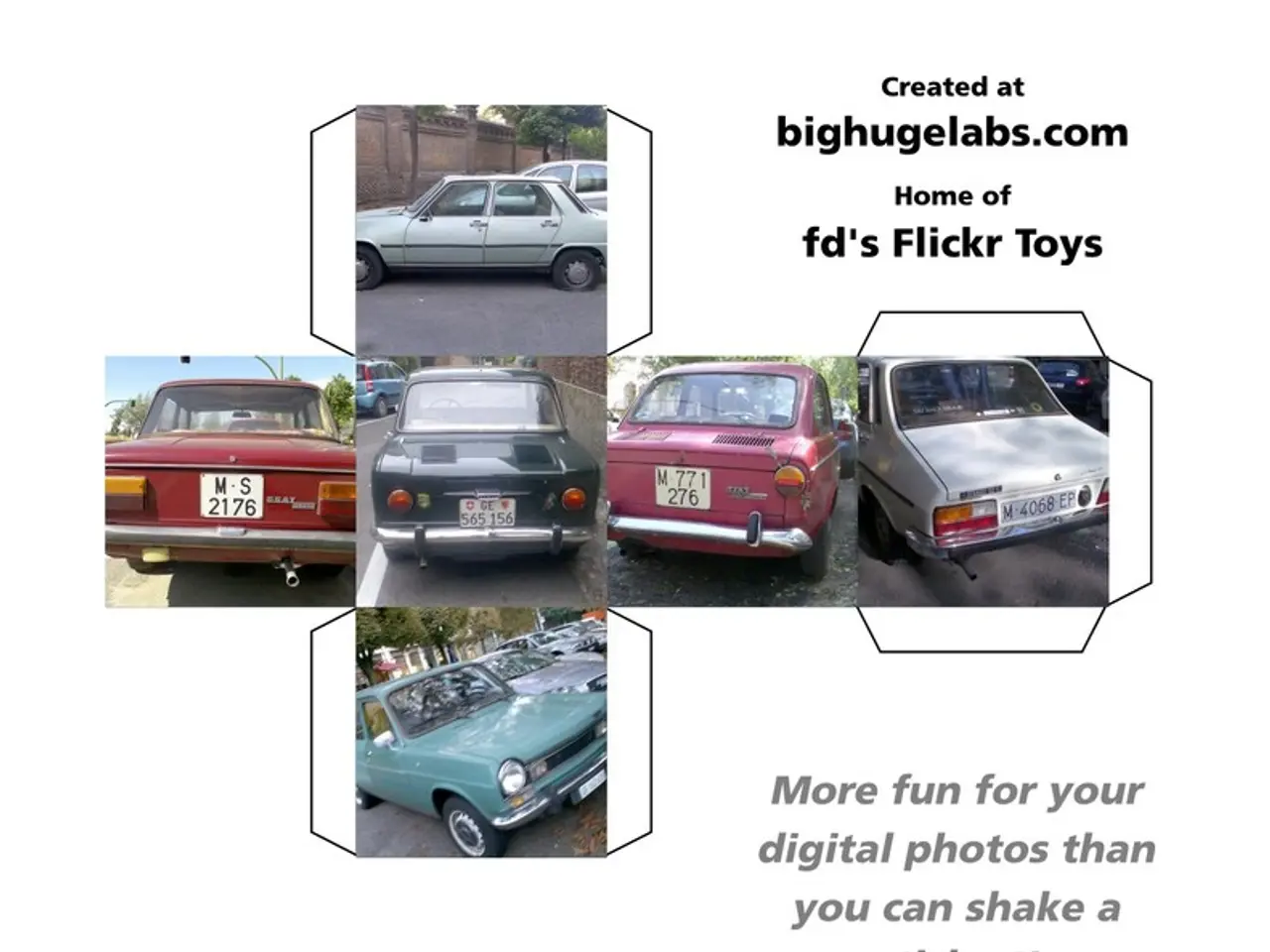Soaring military spending fuels booming European arms industry job market
Increasing allure of employment opportunities within the weapon manufacturing sector
In the wake of geopolitical shifts and strategic policy changes, the European arms industry is experiencing a significant boom in job postings, currently standing at a remarkable 40% increase compared to pre-Ukraine war levels.
This extraordinary growth can be attributed to a multitude of factors rooted in geopolitical developments and EU policy adjustments:
- Ukraine Conflict's Alarm Bell - The Russian invasion of Ukraine in 2022 exposed Europe's insufficient defense production capacity and the urgent need to bolster military capabilities. This conflict catalyzed a reassessment of Europe's defense strategies, marking a departure from post-Cold War reliance on the United States for security guarantees.
- EU Financial Support and Strategic Programs - The EU has launched numerous multi-billion-euro initiatives to support defense industrial development, such as the European Defence Fund, EDRIPA, EDIP, and SAFE, offering substantial funding that drives job creation in the arms sector.
- Pursuit of Strategic Autonomy - Europe's response to the evolving security landscape emphasizes self-reliant defense postures, bolstering industrial output and labor demands in the defense sector.
- Country-specific Defense Priorities and Geopolitical Dynamics - Countries like Hungary are driving defense privatization and modernization efforts, generating unique investment and employment opportunities.
Meanwhile, the burgeoning arms industry contrasts with the European auto industry's difficulties, undergoing a transition toward electric vehicles (EVs) and grappling with supply chain bottlenecks and market uncertainties. Unlike defense, the auto industry primarily relies on consumer demand and regulatory shifts rather than critical geopolitical factors.
In essence, the double-digit growth in Europe's arms industry is a direct result of the Ukraine conflict serving as a wake-up call for European security and the deliberate choice to invest heavily in Europe's military-industrial ecosystem.
Community policy discussions should consider the employment opportunities arising from the surge in the arms industry, given the 40% increase in job postings since the Ukraine war. Moreover, sports leagues could examine employment policy in the arms sector to determine if there are comparable strategies to foster growth and maintain a competitive edge, as seen in the European defense industry's boom.








